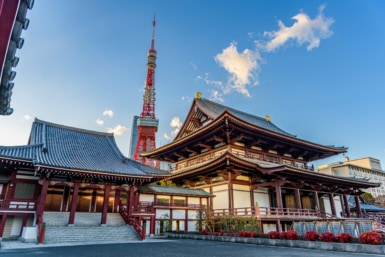A recent report that a New Zealand woman with a traditional Maori tattoo was denied entry to a bathhouse in Japan became a cause for concern ahead of the 2020 Tokyo Games.
Erana Brewerton, who was attending an academic meeting on indigenous languages, was reportedly turned away from a hot spring in Eniwa, northern Hokkaido, because of her traditional face tattoos.
“I’m not used to being treated liked that,” the 60-year-old told AFP in a telephone interview.
Brewerton said her traditional Maori tattoo on her lips and chin “tell people who the person is and where they are from. My ‘moko’ tells other Maori people which tribe I am from.”
Her body art fell foul of rules banning tattoos that are traditionally attributed to the yakuza organized crime or considered as an anti-social statement in Japan. Many public institutions bar people who have them as a way to keep gangsters out.
An official from the public bath told Kyodo News agency the decision had been made to avoid making other guests uncomfortable.
“Even if it is traditional culture, a typical person cannot judge the context behind the tattoos,” the official said.
Still, government officials insisted that its best to bend the rules, especially with the Olympics expected to bring in thousands of athletes and people from all over the world.
Chief Cabinet Secretary Yoshihide Suga told reporters that he thinks “it is important” to respect the cultures of foreign countries, considering we will host the 2020 Tokyo Olympics and expect many visitors . . . to come to Japan.”
By: Maesie Bertumen
Image: sebra / Shutterstock.com
Updated On March 22, 2021








